What is Lion’s Mane?
Home: What is Lion's Mane – a medicinal mushroom?
Estimated reading time: 9 minutes
It is beautiful – majestic and pure looking. What is Lion's Mane – and what can it do for you? 2022 will be the year where medicinal mushrooms get in the limelight. You will see tons of media covering what they are, which kinds are available, and what they can do for you. Because of their diverse and adaptable health advantages, mushrooms have been used medicinally for thousands of years. With the mainstreaming of functional medicine and holistic nutrition, we're seeing a rebirth of interest in these amazing superfoods.
Table of contents
Overview of Medicinal Mushrooms!
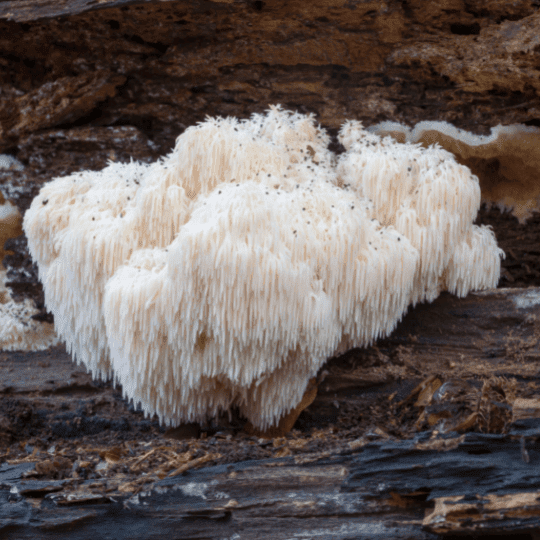
Medicinal mushrooms are nutritional powerhouses that provide a wide range of health advantages, including:
- Increase energy and stamina
- Provide immune support
- High in antioxidants
- Support a healthy inflammatory response
- Help to manage blood sugar
- Support brain health and cognition
- Optimize the nervous system
The 7 Most Beneficial Medicianl Mushrooms
The healthiest mushrooms to add to your diet are:
- Reishi
- Cordyceps
- Lion's Mane
- Chaga
- Maitake
- Shiitake
- Turkey Tail
Deep dive into Lion's Mane
It lives in the forest, the unique edible Lion's Mane Mushroom or Hericium Erinaceus. With its white color contrasted against autumn leaves and green moss, it is bright and striking. The Veluwe near the Leuvenum Forest in the Netherlands is where it is most photographed.
We've already scratched the surface of the health benefits that using the traditional Chinese medicinal mushroom may provide in a previous blog, so now we'll dig a little deeper into the practical results that you can expect in your daily life, by incorporating Lion's Mane and maybe a little cannabidiol.
Lion's Mane is known to increase your brain functioning, productivity, focus, and overall well-being.
The Lion's Mane (Hericium Erinaceus) mushroom is also known as hou tou gu or yamabushitake, and its current name comes from its appearance.
The Mushroom for the mind – Historical uses of Lion's Mane!
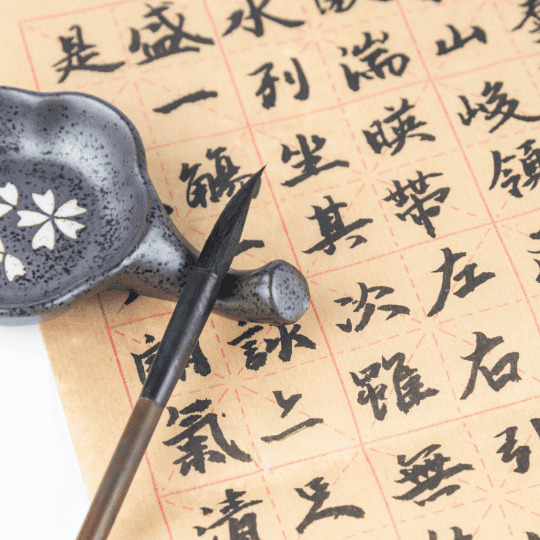
Hou Tou Gu is the name given to Lion's Mane in Traditional Chinese Medicine (TCM) (monkey head mushroom). This fungus is used by Chinese medicine practitioners to treat the spleen, which is associated with digestion, vitality, and water control. This medicinal mushroom is also used in TCM as a tonic for stress-related diseases (neurasthenia) and a lack of energy (qi deficiency).
Lion's Mane is known in Japan as Yamabushitake, after the Shugend Buddhist monks who worshipped it. These monks drank Lion's Mane tea to improve their concentration while meditating. Lion's Mane was also utilized for medicine and food by pre-colonial peoples in the United States, Canada, and Australia. This mushroom has shown itself as a viable choice for improving cognitive function. Lion's Mane mushrooms can be eaten fresh, fried, dried, or steeped in a drink. It can be found in a type of tea, coffee, elixirs, and other beverages. Extracts from them are often used in over-the-counter health products. As a result, there are a variety of ways and forms from which you can benefit and make the process more fun.
Lion's Mane for Brain Health
DEMENTIA is a two-edged sword that affects both the sufferers and their families. Many of the pharmacological chemicals that can help with cognitive decline can be found in nature, which is fortunate. One specialist discusses how a certain mushroom can help prevent Alzheimer's, Dementia, and Parkinson's disease.
Dementia remains a global health crisis that is depleting resources all around the world. Despite the fact that pharmaceutical companies have made significant attempts to combat the condition, trials have had a poor track record of effectiveness to date. In the lack of treatment, scientists have concentrated their efforts on the protective properties of foods, particularly mushrooms.

Because it promotes the creation of new cells in the brain, the lion's mane mushroom has become a well-known contender for Alzheimer's treatment.
Where are the benefits coming from?
The benefits of lion's mane stem from the capacity of terpenoids found in both the mycelium and fruiting body of this fungus, to enhance brain function and neurological wellness.
Terpenoids are plant-derived chemicals that promote the production of nerve growth factors, hence lowering inflammation and nerve pain. This can result in the regeneration of injured nerves and improved cognitive performance, which is commonly shown as a reduction in brain fog and increased focus.
Neurological benefits!
Lion's mane also decreases depression and protects against neurological disorders like dementia, Alzheimer's, and Parkinson's. Moreover, because of its neuroprotective properties, Lion's Mane promotes sleep and stress management. A recent Japanese study backs up these claims, demonstrating that the mushroom can help people with minor cognitive impairment in just a few weeks.
The study was carried out on a group of 30 people who all had modest cognitive impairment at the start. Over the course of 16 weeks, participants who consumed lion's mane three times a day showed significant changes. These findings have been backed up by a slew of other research, some of which point to the mushroom's capacity to control blood sugar as a substantial advantage for dementia sufferers.
Adding CBD (cannabidiol) to Lion's Mane will just double the effects. Cannabidiol for Brain Health – if you want to know more about CBD for brain health click here
Can Lion's Mane help Anxiety and Depression?
Depression and Anxiety are two of the most common mental illnesses. Do any of these words ring a bell? They are some of the most frequent “modern diseases” that exist today. The high-speed, high-stress life is causing us more harm than we realize, and we often fail to recognize it until it has serious ramifications for our health and well-being. One out of every three persons in developed countries suffers from symptoms of sadness or anxiety, according to the latest statistics. This is why it is so critical to fighting against it even before we are aware that we may be facing a crisis.
The anti-inflammatory properties of this fungus have been demonstrated in fresh research conducted on mice, which suggests that the extract of this mushroom can help to alleviate the symptoms of depression and anxiety.
Anxiety and sadness are believed to be reduced in their effects by enhancing the functions of the hippocampus (a part of the brain responsible for processing memories and emotional reactions). So, what is the connection between this and our topic? Other animal research has demonstrated that Lion's Mane extract can aid in the regeneration of brand cells and, as a result, can improve the function of the hippocampus.
We can further add that CBD has the same benefits for anxiety and depression and mixed with Lion's Mane can further enhance the results of treating these conditions.
Lion's Mane an effective anti-oxidant
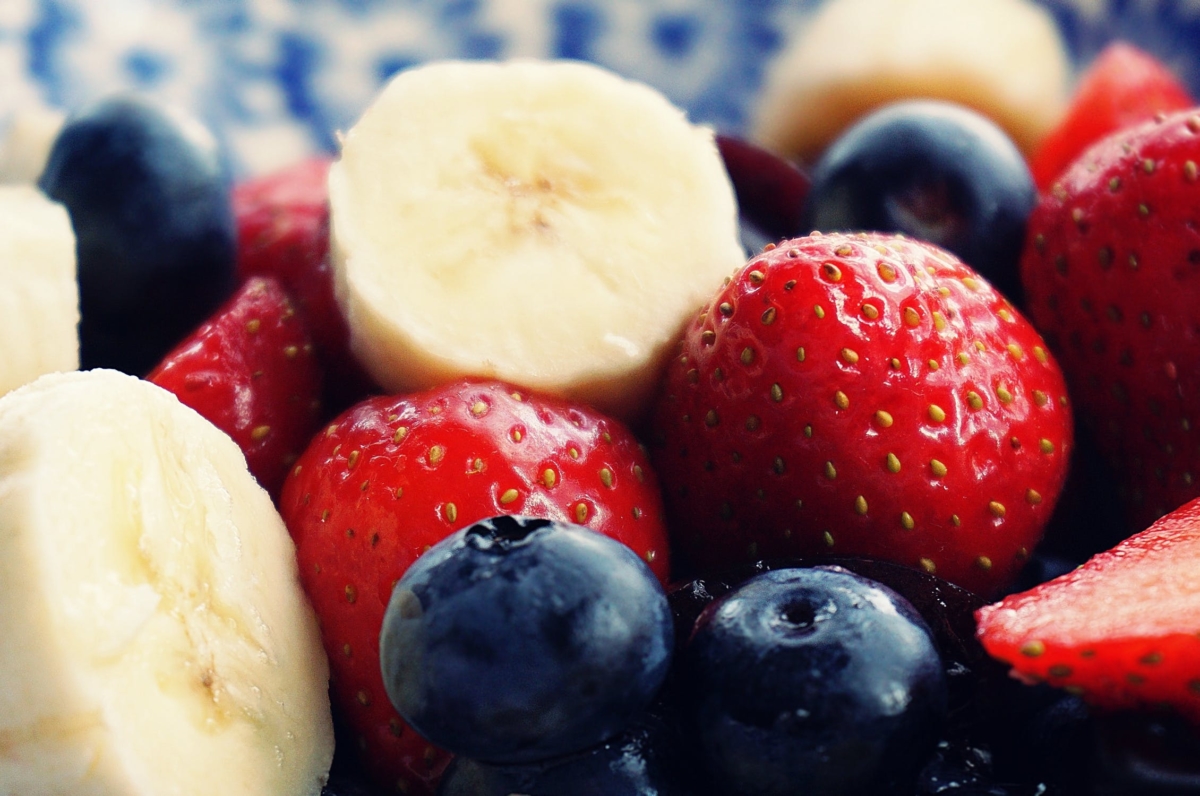
Antioxidants contribute to the removal of “free radicals,” or chemicals that might cause cell harm. According to studies, Lion's Mane is high in antioxidants, particularly phenol, an antioxidant that is absorbed in the gut and helps to prevent inflammation. In a 2011 study, Lion's mane, along with reishi and split gill mushrooms, were put in the “pretty high” category on their antioxidant index.
According to a study published in 2021, antioxidant activity in mushroom extracts stayed steady for at least a month before dropping by half at the 4-month mark.
Consequential Lion's Mane will be an immunity boost
With so many antioxidants, it's no surprise that Lion's Mane may aid in immune system support. However, researchers have uncovered a new path to improved immunity: the gut.
A 2017 study in mice indicated that the protein in lion's mane mushrooms, similar to prebiotics and probiotics, could strengthen the immune system by sustaining the colony of beneficial bacteria in the stomach.
Better Concentration and Focus – Take Lion's Mane
Researchers studied the effects of the lion's mane mushroom on 30 women for four weeks in 2010. The participants were randomized to one of two groups: test or control, and they were given either lion's mane mushroom cookies or placebo cookies (science!). The lion's mane mushroom group reported an improvement in concentration and mood at the end of the four weeks.
This was a small study, and there isn't much clinical research on Lion's Mane. These findings, however, add to a growing body of evidence suggesting that natural treatments can help you feel more balanced.
The Lion's Mane may also help with concentration. Reduced inflammation improves blood flow, allowing more oxygen to reach your brain. Better brain performance is a side consequence of having more oxygen in your brain. The antioxidants found in Lion's Mane may aid memory and learning by strengthening brain cells and boosting the creation of new neurons.
How to take Lion's Mane?
The straight-forward method: Fresh
Lion's mane has been used for thousands of years as part of Traditional Chinese Medicine (TCM).
Unlike other medicinal mushrooms, Lion's Mane has a very mild flavor and soft texture. In fact, many people compare it to seafood, like crab, scallops, or lobster, as it has a similarly tender and slightly stringy texture.
This means that many people chose to consume it much in the way you'd eat a mushroom from the grocer's.
Lion's mane tea is the traditional way.

Tea is a traditional method of consuming Lion's Mane. This is because hot water aids in the extraction of the mushroom's beneficial elements. Many other therapeutic mushrooms, such as reishi, cordyceps, and turkey tail, are similar.
You'll need to steep the dried or fresh mushrooms in hot water to prepare lion's mane tea.
Many people recommend steeping it for longer than you would normally brew tea to get the most out of the mushrooms. Some recipes, for example, recommend boiling the mushrooms in water for around twenty minutes to extract all of the flavors.
Lion's mane powder can also be used to brew tea. The steeping time is decreased in half when the mushroom is powdered, presumably because the surface area is so much higher.
Some recipes, for example, call for steeping the powder in an infuser (or simply pouring it loose in a mug) for 10 minutes before drinking.
You can add different flavors to your tea depending on how much you like the flavor of Lion's Mane. Spices from chai tea are a popular addition.
Supplementation approach – Lion's Mane in capsules
As we go into the world of more trendy solutions, Lion's Mane capsules are becoming increasingly popular among consumers. A pill or two each day is usually sufficient for them.
Depending on where you get your capsules, the instructions may differ, however, most businesses recommend that users take their capsules with a meal. While taking Lion's Mane in the form of a capsule is simple and handy.
CBD and Lion's Mane capsules with added Gotu kola. An easy-to-use capsule to enhance memory, focus, and concentration. Give your brain a boost when you need to be creative and focus for longer periods of time.
-
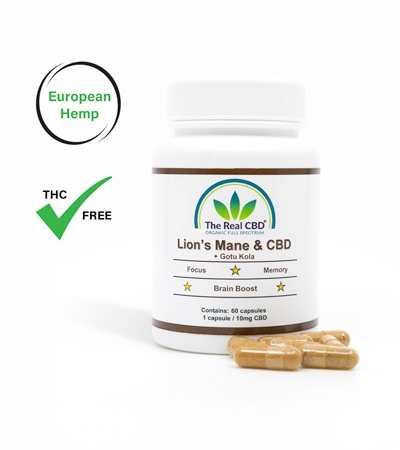 CBD and Lion's Mane Capsules€55.00
CBD and Lion's Mane Capsules€55.00 -
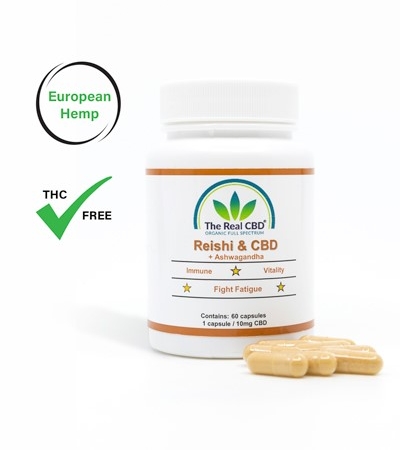 CBD and Reishi Capsules€55.00
CBD and Reishi Capsules€55.00 -
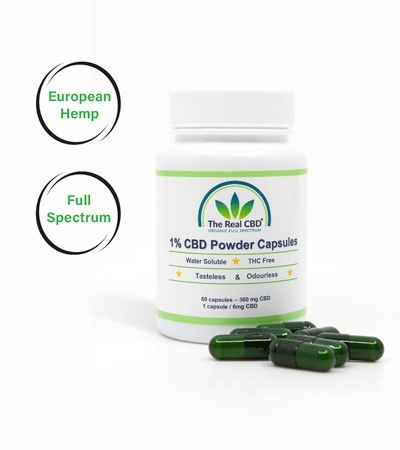 CBD Capsules – Water Soluble – 1%€29.00
CBD Capsules – Water Soluble – 1%€29.00 -
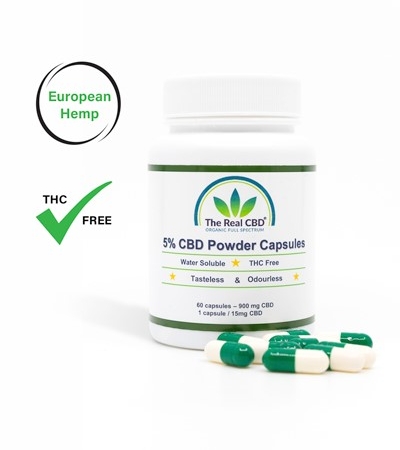 CBD Capsules – Water Soluble 5%€59.00
CBD Capsules – Water Soluble 5%€59.00

I am a certified expert in Medicinal Cannabis. We are all about giving correct and trustworthy information. We know how important it is to learn about CBD and cannabis, which is why we want to be your go-to source for trustworthy information. We help you improve your health by using our knowledge and experience as a starting point.














Leave a Reply
Want to join the discussion?Feel free to contribute!